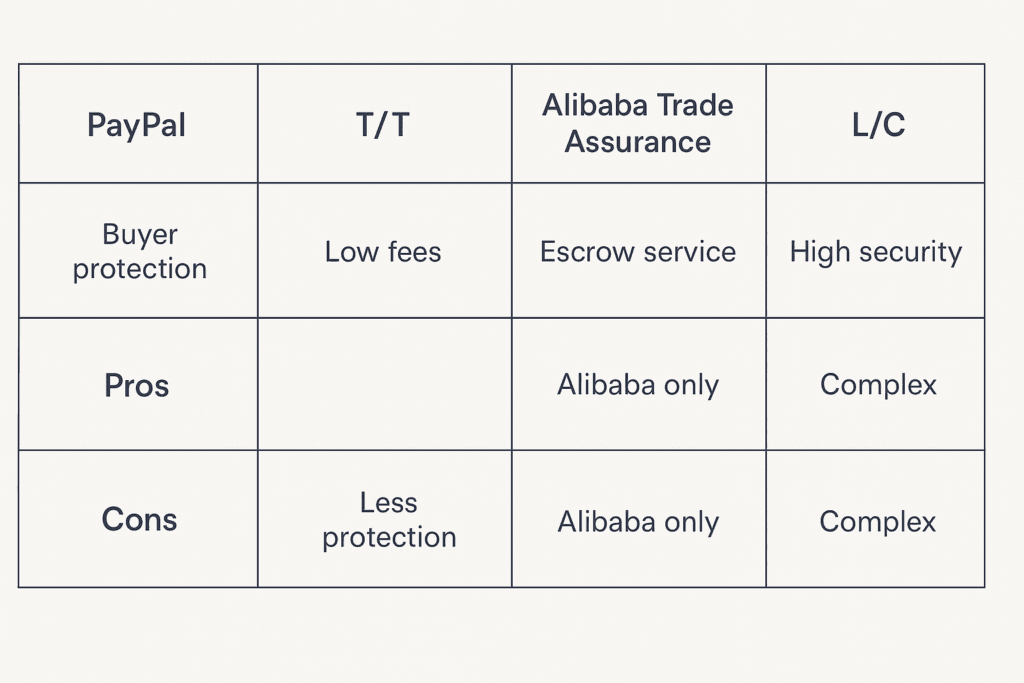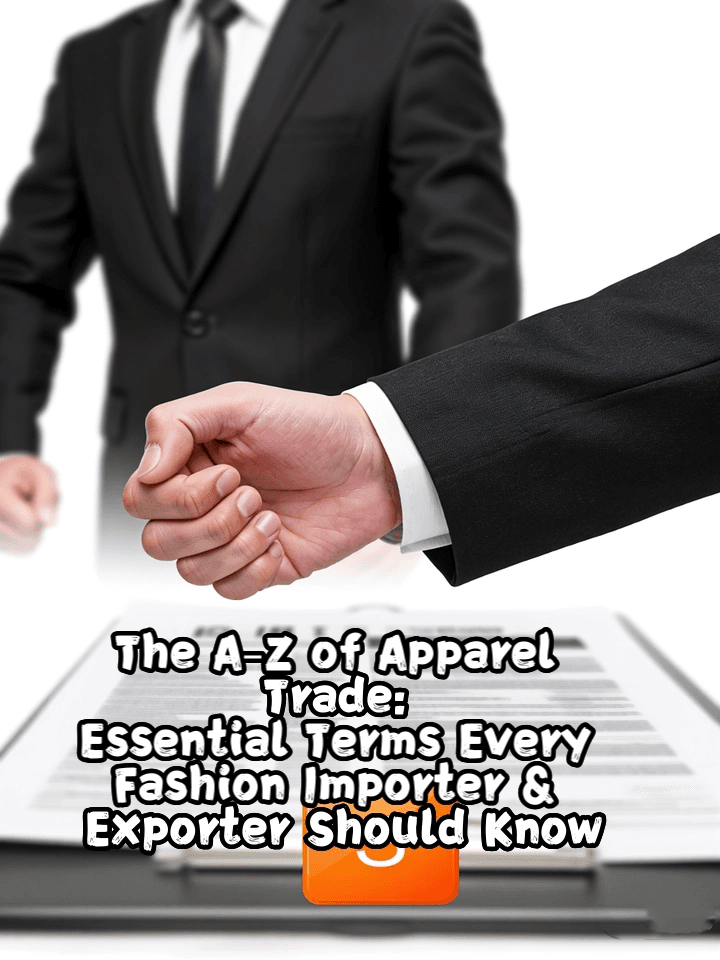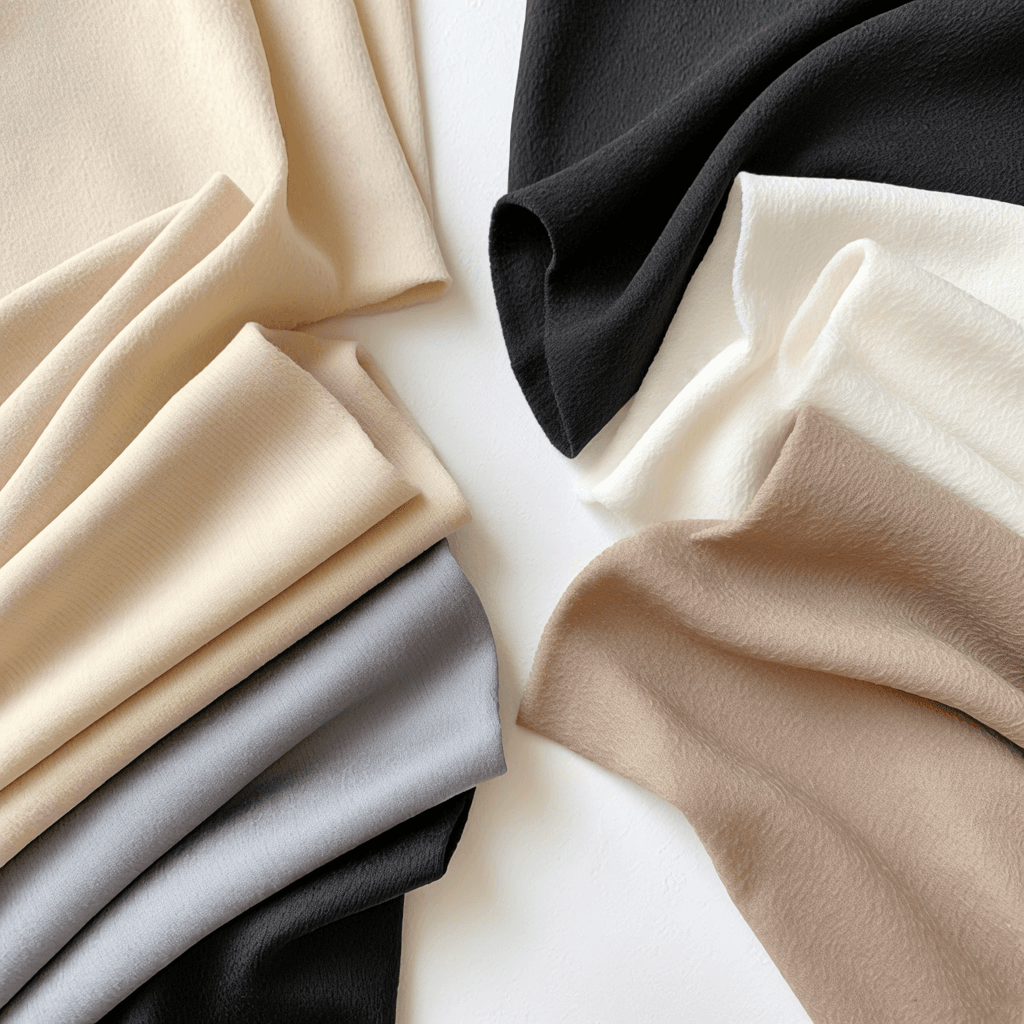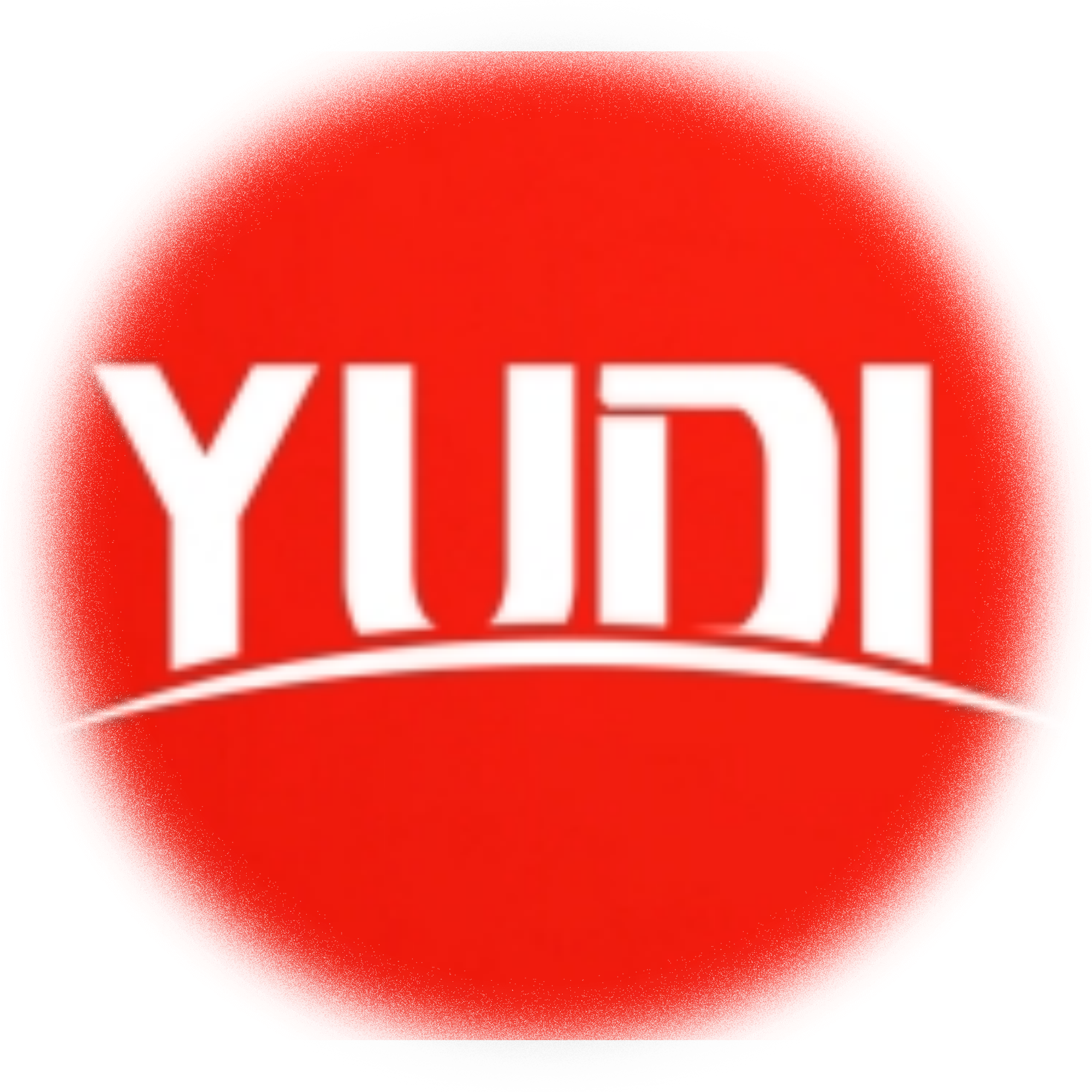As an experienced clothing exporter, working with overseas clients often requires payment methods that are secure, fast, and buyer-friendly. Among the many international payment tools, PayPal stands out for small to mid-sized orders, samples, or new partnerships—especially in the clothing and fashion industry.
In this guide, we’ll walk you through how PayPal works with Chinese clothing suppliers, its pros and cons, and how you can use it wisely to protect your cash flow and business relationships.

The First Why Clothing Brands Use PayPal with Chinese Suppliers
1. Buyer Protection
PayPal offers a layer of safety when you’re working with new or unverified suppliers. If goods aren’t delivered or don’t match the order, you can file a claim within 180 days.
2. Fast and Convenient
PayPal payments are processed instantly. This is especially useful when you need to speed up production or pay for urgent sample developments.
3. Lower Barriers for Small Orders
For small quantity orders, startups, or first-time buyers, PayPal provides a flexible, non-committal payment method without needing a Letter of Credit (L/C) or complex bank paperwork.
4. Multi-Currency Support
PayPal supports USD, EUR, GBP, AUD, CNY, and more, simplifying global transactions without involving third-party exchange services.
the second Considerations When Using PayPal with Chinese Clothing Manufacturers
1. Not All Suppliers Accept PayPal
Larger factories may prefer bank transfers (T/T) to avoid fees and the risk of disputes. Before confirming an order, always check if your supplier accepts PayPal.
2. Transaction & Currency Conversion Fees
PayPal charges 4.4% or more for cross-border payments. If the supplier bears the fee, they may increase your unit price. If you bear it, factor it into your cost calculation.
3. Exchange Rate Markups
PayPal’s exchange rates are usually 2.5–4% above the real mid-market rate. Compare rates with TransferWise (Wise) or your bank before confirming the payment.
4. Payment Limits for Large Orders
Due to chargeback risks, many suppliers only accept PayPal for sample orders or small batches (typically under $2,000).
5. Dispute Misuse
From the supplier’s side, PayPal is high-risk. Some buyers abuse the dispute feature, which leads some Chinese factories to refuse PayPal for bulk orders.
the third Pro Tips from a Chinese Clothing Factory Perspective
As a factory with over 21 years of experience in OEM/ODM garment production, here’s our practical advice:
✅ Use PayPal for sample charges, repeat small orders, or urgent prototype fees.
✅ For bulk orders, negotiate partial payments via T/T and balance with PayPal only if trust is built.
✅ Always sign a Proforma Invoice (PI) or contract before paying via PayPal to avoid disputes.
✅ Keep communication clear—confirm product specs, lead times, and who covers the fees.
Alternatives to PayPal (For Larger or Long-Term Orders)
| Method | Pros | Cons |
|---|---|---|
| T/T (Bank Transfer) | Low fees, widely accepted | Slower, less protection |
| Alibaba Trade Assurance | Escrow-style protection | Only for Alibaba users |
| Wise (TransferWise) | Better exchange rates | Not accepted by all suppliers |
| Letter of Credit (L/C) | High security for large orders | Complex and time-consuming |
Conclusion
PayPal is a useful tool, especially in the early stages of cooperation with Chinese clothing manufacturers. It offers speed, protection, and simplicity, but comes with transaction costs and limitations. For brands sourcing apparel from China, combining PayPal with clear contracts, supplier vetting, and alternate payment methods is the key to safe and effective cross-border business.
💬 At Yudi Clothing Co., Ltd., we accept PayPal for samples and trial orders. For bulk orders, we support T/T, Alibaba Trade Assurance, and flexible payment terms for long-term partners.
📩 Need help deciding the safest way to pay your supplier?
Let us assist you in structuring your payment plan for peace of mind and efficiency.





